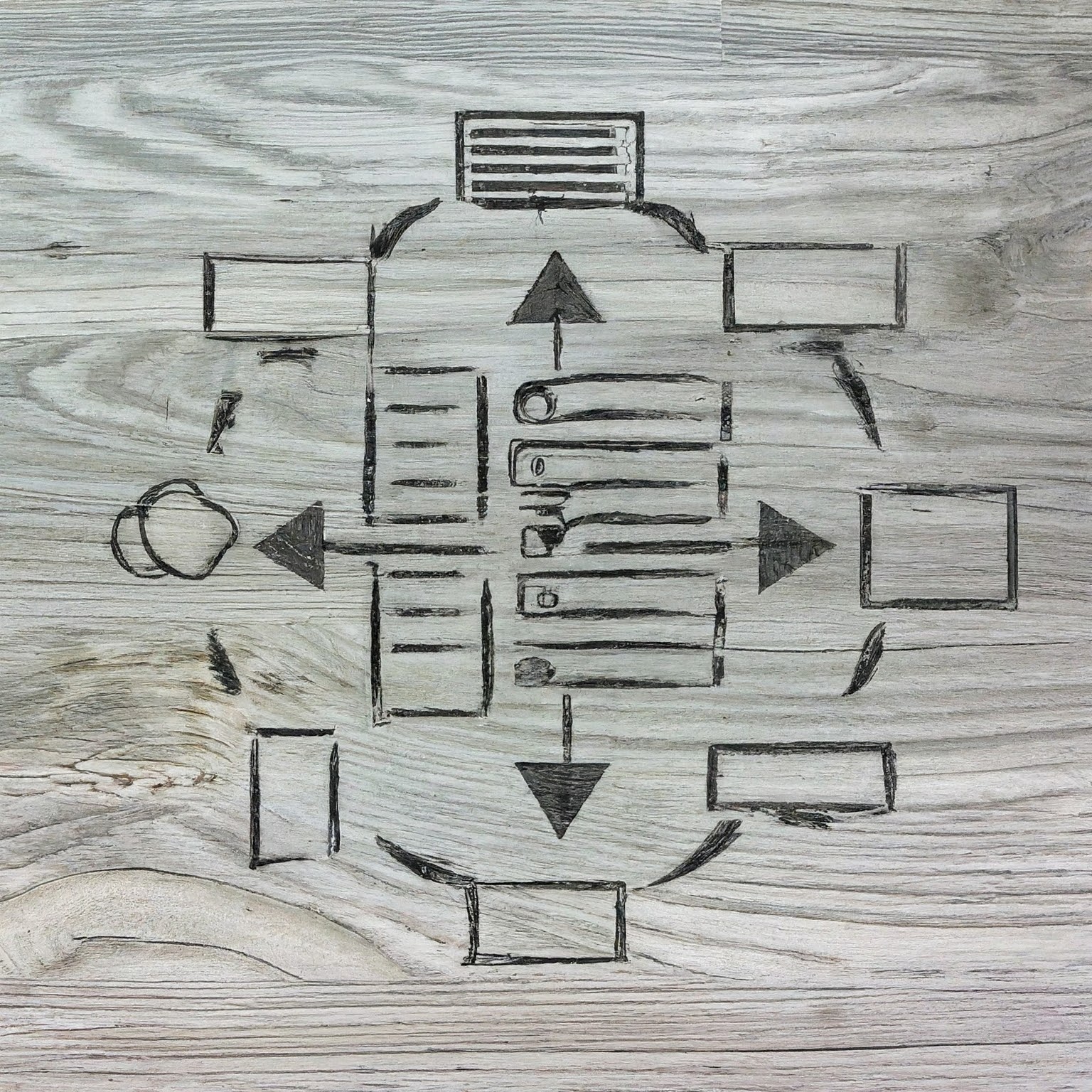Introduction
IFS, a robust enterprise software solution, is structured into distinct components such as the purchase module and enterprise module. To enable seamless integration between these modules, IFS introduced the concept of annotation @DynamicComponentDependency. This blog delves into the intricacies of Dynamic Components in IFS, their role, and best practices for their implementation.
What are Components in IFS?
In the IFS ecosystem, components are discrete functional units. For instance, the purchase module and enterprise module are individual components. These components work independently but can interact to deliver comprehensive functionalities.
The Significance of @DynamicComponentDependency
To access functionalities from a different module within your code, you must explicitly declare this dependency using the @DynamicComponentDependency <Component name> annotation. This is a mandatory requirement in IFS Cloud. Failure to do so will result in a "Can not find required model" error during code generation in Dev Studio.
Why Use Dynamic Components?
- Modular Development: By employing Dynamic Components, IFS R&D teams can develop code independently of specific modules, fostering code reusability and flexibility.
- Customer Customization: If a customer doesn't subscribe to a particular module, the code related to that module is automatically omitted, avoiding unnecessary complexities.
- Dependency Management: IFS has introduced Static dependency to define core modules that must be present. These dependencies are outlined in the deploy.ini file under the [Connections] section.
How Dynamic Components Function
When you utilize the @DynamicComponentDependency annotation in IFS, the system generates specific code for deployment in the Oracle database. Dynamic Components play a pivotal role in this process.
Important Considerations
It's crucial to avoid using @DynamicComponentDependency in views files as it generates PL/SQL code incompatible with views. This can lead to errors during sanity checks or delivery creation.
Conclusion
Dynamic Components are indispensable for efficient and adaptable development in IFS. By comprehending their purpose and application, you can optimize your development process, enhance code maintainability, and ensure successful deployments.
Stay tuned for more tips and best practices on optimizing your IFS ERP experience. If you have any questions or need further assistance, feel free to reach out to our support team at VertoSync. We're here to help you navigate and excel in your ERP journey.
_kojVjwT.png)




0 Comments
Leave A Reply